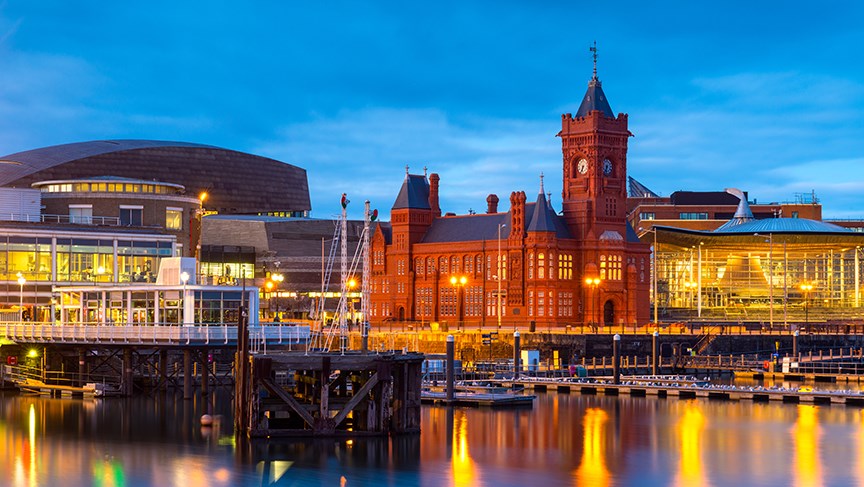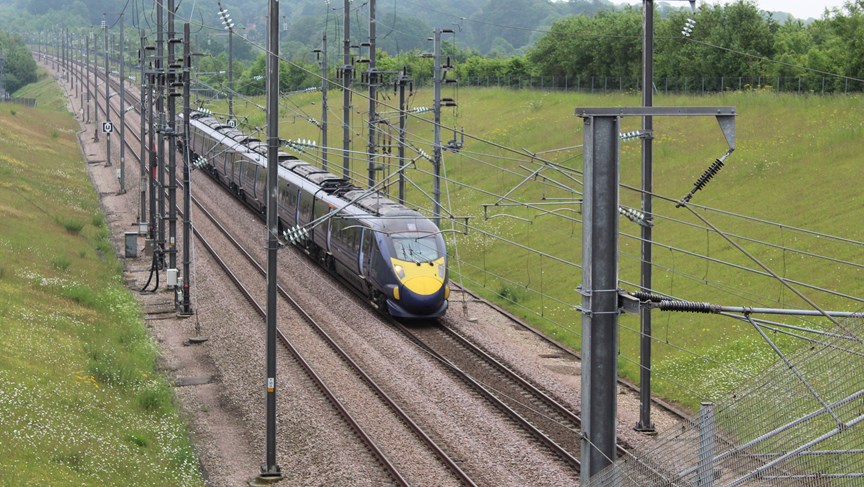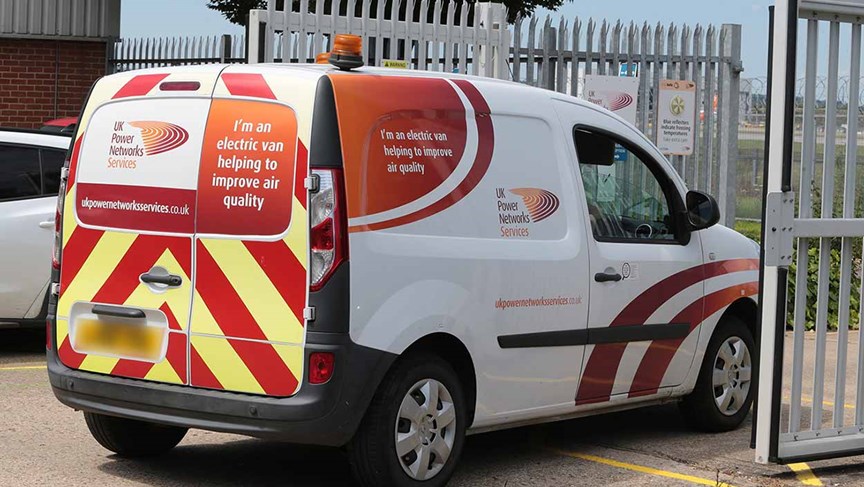Rail
We work with Network Rail, London Underground, Docklands Light Railway and High Speed 1 to deliver traction power and innovative energy solutions.
The rail industry in the UK is rapidly evolving as new technologies become available and an increased demand is putting pressure on the associated energy infrastructure. The UK government has announced it will spend £48 billion on rail by 2024, which is in addition to recent record rail funding as the government delivered the biggest rail modernisation programme for more than a century.


Case study
Great Western Electrification Project
The Great West Electrification Project (GWEP) is a Network Rail initiative, which introduced electrification infrastructure and modern electric trains to the Great Western Mainline route.
Read moreImplementing new energy technologies
Technologies to help reduce energy demand on the network, such as regenerative braking, and addressing the risk of energy losses through the network are currently underway. Consequently, now is the time to investigate solutions like energy storage and renewable generation to improve efficiencies and reduce carbon, and be prepared for the impact of the Digital Railway.
Increasing energy demands
As new rolling stock enter service across the UK’s rail networks, the trend for bigger, faster and more energy-hungry trains with additional customer conveniences like air conditioning, longer trains and more frequent services is placing pressure on existing energy infrastructure to keep up with the demand.
However, this can be very costly and time consuming, especially when new grid supply points are required which may take up to six years to commission.
The Digital Railway initiative will eventually contribute to energy demand issues by significantly increasing the capacity of railways for passenger and freight journeys. It is predicted there will be a billion extra passenger journeys by 2030 and at the same time, the network needs more space for freight trains, which shift £30 billion of goods every year.


Case study
High Speed 1
We were commissioned to design, construct, operate and maintain the electrical infrastructure of HS1, the UK’s first major railway constructed in over a century and its first high-speed railway. The project was delivered on time and on budget, within a contract that extends for 50 years after the start of railway operation.
Read moreOur work on GWEP enabled us to showcase our focus on innovation, and this was realised through the implementation of two ground-breaking initiatives: the Rationalised Autotransformer System and use of polyfibre-reinforced concrete.
Sustainability and energy efficiency
Changes to energy use in the rail sector are not limited to traction power. Renewable generation such as solar PV is becoming more common at stations and maintenance depots, and with the uptake of electric vehicles continuing to increase, customers and staff will expect charging infrastructure to be available in station car parks.
As consumption increases at stations themselves due to customer demand, efficiency strategies will need to be developed to offset these increases, reduce costs and enable sustainable power consumption.

CONTACT US
Experts at hand
Employing world-class engineers and professionals, we pride ourselves on the expertise of our people to deliver for our clients.
Our solutions







